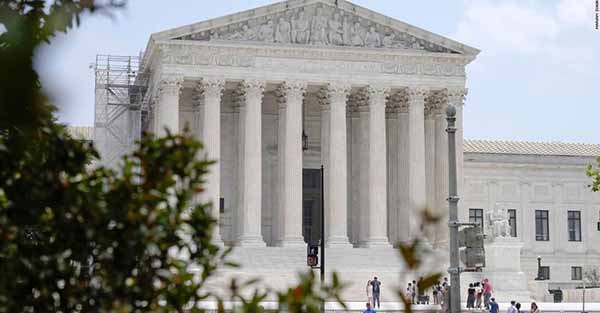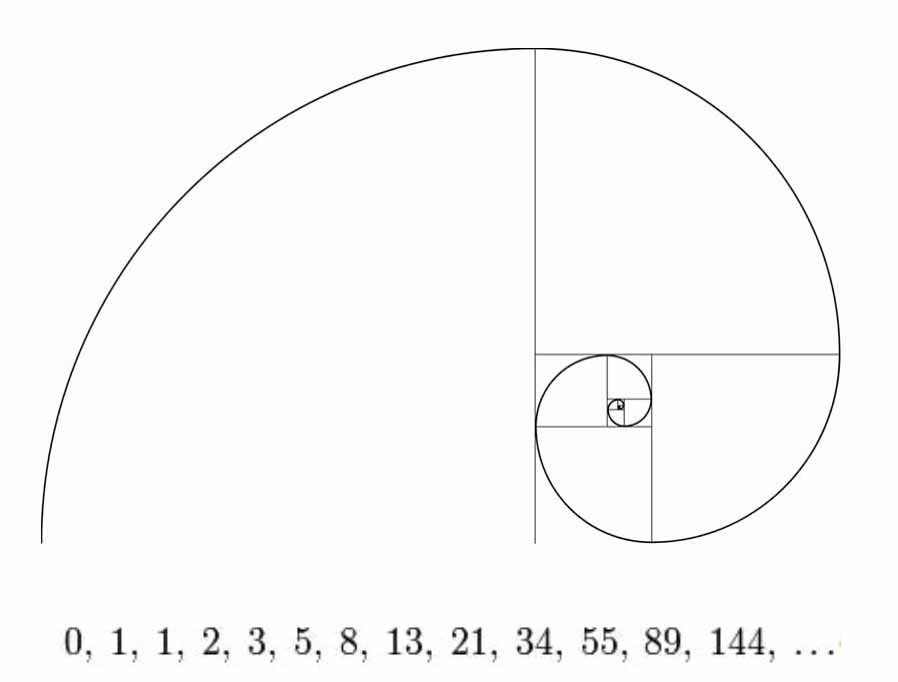
Voting Against Popular Sentiment

Voting Against Popular Sentiment
If these are the threats we can see ... what about those we can't?
Like the political system - the judicial system does not always represent the will of the people and is thereby deemed broken. As an example - the Colorado web designer who told the Supreme Court a man sought her services for his same-sex wedding. He says he didn't ask her, he's straight and married to a woman
No one should sit on the Supreme Court forever. Members should serve no more than a six year term and should be voted on by the people.
Donald Trump packed the Supreme Court as per his programming - the ripple-down effect adding to the dysfunctionality and chaos of society.
One way or another these decisions will affect everyone. Once again we are talking about issues with no solutions that are all built into the algorithm of reality.
I always blog that the spiral of consciousness is moving back to zero ... imploding and enveloping everything in its wake - much like the event horizon of a black hole.

It all began in 2022 with Roe v. Wade ... the worst blunder of all.
The Supreme Court ruled in favor of a Christian web designer in Colorado, who refuses to create websites to celebrate same-sex weddings out of religious objections CNN - June 30, 2023
Supreme Court blocks Biden's student loan forgiveness program CNN - June 30, 2023
What the Supreme Court's ruling on affirmative action does and does not do CNN - June 29, 2023
The Supreme Court says colleges and universities can no longer take race into consideration as a specific factor in admissions, a landmark decision that overturns long-standing precedent historically benefiting Black and Latino students in higher education. However, the ruling still allows colleges and universities to consider an applicant's discussion of how race has affected their life as long as it is 'concretely tied' to a 'quality of character or unique ability' that the applicant possesses. Dissenting members of the high court insisted it would still make it practically impossible for colleges to consider race at all.
This decision affects policies that long and traditionally favor white applicants such as - parents who can donate, parents who went to the school (legacy), zip code, sports, dependence on standardized testing, the need for financial aid, and more.
Bear in mind with race - there are poor, middle class, and wealthy people. The object of Affirmative Action is to help the poor but is that what happened?
I've always believed they should take the best candidates regardless of race, ethnicity, religion, sexual orientation, and other things that qualify as minorities.
The pendulum often swings both ways. As a teacher I have seen exceptionally gifted white students lose out at high profile colleges because the space was filled by a minority student who was not as qualified but because of a minority quota.
I have six grandchildren who are either in college, about to start in September, or have graduated. They applied to many colleges - accepted by most on merit - and declined by others. Ultimately, they were all happy with the six different colleges they are attending or attended.
Covid turned the world upside down affecting college admissions. With many students doing remote learning, they decided to take a gap year or study partially abroad and partially in the United States. Society is still feeling the effects of Covid on Colleges.
Today we find extraordinary students with brilliant minds. A 4.0+ average in high school is no longer a big deal. Students with photographic memories are becoming the norm alongside others with challenges. Students are required to write good essays and show their university of choice why they should be chosen. But what if writing is something they're not good at?
With thousands of students applying every year it's a hard call for administrators who have to make the final decisions when so many students qualify on merit. I used to think they should throw the names of all qualifying students into a big drum like a lottery and let destiny make the final decisions. One may see it as the 'luck of the game' or in my view their programing.
Another consideration is - the college-age population is generally between 18 and 22 year olds when mental illness shows itself and hits hardest. Emotional evaluations should be done while students are in high school and signed off by a medical professional. This is important not just for universities but for parents and students many of whom overlook emotional problems that are right in front of them. We all know most college students like to party, which is OK but then there are those who have destructive personality disorders that should be taken into consideration.
Getting into a college or university requires lots of effort. Once done it is important that a student major in something that will be financially productive after they graduate otherwise all of this is a waste of time and money regardless of scholarships.
Today's Supreme Court ruling will have to be evaluated by every college, university, parent, teacher, and student - its repercussion another challenge in today's crazy world.